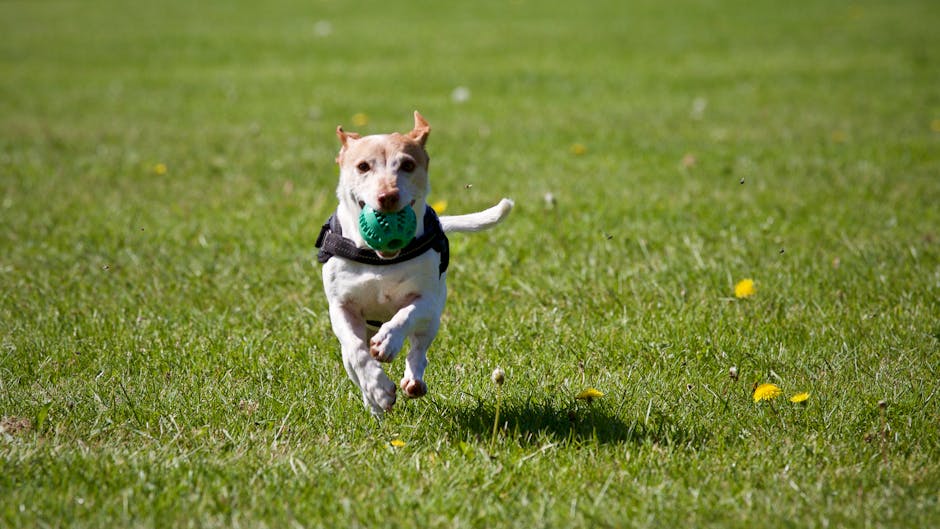Dog training goes beyond teaching your furry companion basic commands. It's an investment in building a strong, harmonious bond that fosters mutual trust, respect, and communication. Through consistent and positive training, you empower your dog to understand your expectations, develop social skills, and live a fulfilling life as a cherished member of your family.
**The Importance of Training**
Training your dog is not about dominating or forcing their will. Instead, it's about creating a common language that allows you to communicate effectively. By establishing clear boundaries and expectations, you provide your dog with a sense of security and predictability. This foundation of understanding enhances your daily interactions, making walks, playtime, and even vet visits more enjoyable.
**Positive Reinforcement**
The cornerstone of effective dog training is positive reinforcement. When your dog exhibits desired behaviors, reward them with treats, praise, or playtime. This positive association motivates them to continue the behavior and strengthens your bond. Avoid punishment or harsh methods, as they can damage your relationship and instill fear.
**Start Early**
Training should begin as early as possible, ideally when your puppy is around 8-12 weeks old. This is when they are most receptive to learning and establishing good habits. Start with simple commands like "sit," "stay," and "come," gradually introducing more complex ones as your dog progresses.
**Consistency and Patience**
Consistency is crucial in dog training. Repeat commands and expectations regularly, both at home and in different environments. Patience is equally important. Dogs learn at their own pace, and setbacks are inevitable. Stay calm, focus on the positive, and never give up.
**Professional Training**
If you encounter challenges or prefer professional guidance, consider enrolling your dog in obedience classes. These structured sessions provide a controlled environment where your dog can interact with other dogs and learn under the supervision of experienced trainers.
**Advanced Training**
Once your dog has mastered basic commands, you can explore advanced training such as agility, obedience competitions, or even service dog certification. These activities not only strengthen your bond but also provide mental and physical stimulation.
**Benefits of Training**
The benefits of dog training extend far beyond obedience. It fosters a sense of companionship and mutual respect, enhancing your daily interactions and reducing behavioral issues. Trained dogs are less likely to engage in destructive behaviors, bark excessively, or display aggression. They are also more confident and adaptable, making them ideal companions for families with children or other pets.
**Conclusion**
Dog training is a rewarding journey that strengthens the bond between you and your furry friend. By investing time, effort, and positive reinforcement, you can establish a common language, promote desired behaviors, and create a fulfilling life for your beloved companion. Remember, training is a lifelong process that requires patience, consistency, and a shared commitment to growth and understanding.
